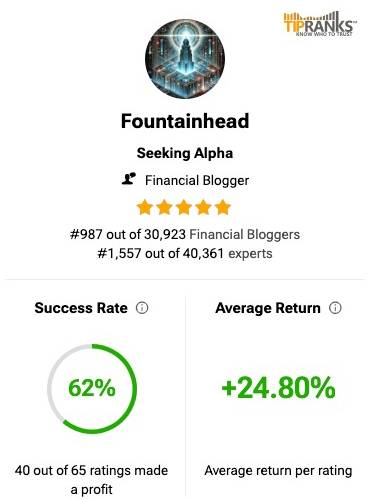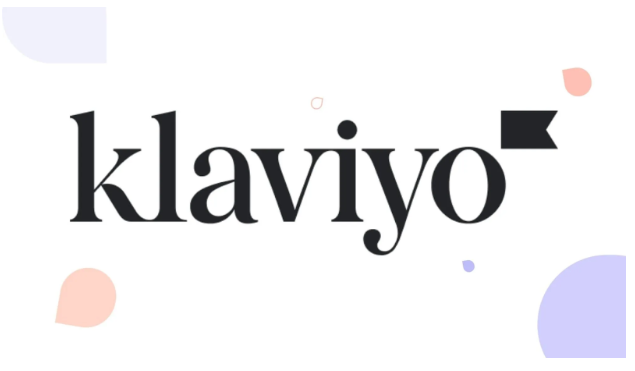Klaviyo beat earnings and revenue estimates for Q3-24, handily, but it wasn’t enough for the market, which punished the stock 12-15% after hours.
I would think that the short interest of 11% also had something to do with the fall, as I don’t believe that the stock is priced to perfection or that earnings “disappointed” investors. Klaviyo had been on a tear, rising from $22, at its low in August 2024, and the 80% rise to $40 needed a breather/correction to consolidate before it resumed rising again; The excellent progress in this quarter confirms the longer-term growth trajectory, and the high-quality business model of the company. I believe it is worth buying on declines, and I bought more at $33 this morning,
Sep 24 quarter results: Adjusted EPS beat by 4 cents or 40% coming in at 14 cents against the 10 cents forecast, and revenue of $235Mn beat by $8Mn or 4%.
Guidance for the next quarter and full year was also raised from the earlier estimate provided. Klaviyo now expects total revenues of $925Mn V $914 at the midpoint and an adjusted operating income of $105, in line with the earlier forecast of $107. Perhaps the market was expecting more here, but this lower operating income is because of an adjustment for higher cash compensation instead of shares, which will be charged in Q4, and going forward accrued in each quarter.
Management also mentioned that 2025 growth would decelerate slightly from Q3-24 growth of 28%, which is fine, consensus analysts’ estimates have pegged the next year’s growth at 24%, so it is likely that Klaviyo will outperform those estimates. Some of the lower growth projections can also be attributed to 2024 revenues coming higher at $924 than the earlier forecast of $895Mn — the growth projected is on a higher base.
I smoothened analysts’ estimates over 3 years from 2024 to 2026, I still get an annual estimated revenue growth of 27%. Klaviyo is valued at 9.5X 2025 sales. This is a P/S to Growth ratio of 0.35, (9.5/27%), which is relatively moderate. I get antsy when it goes above 0.4, and growth drops a lot. Clearly, that’s not anticipated in Klaviyo’s case. What’s remarkable is that an enterprise software company still grew over 30% in the SMB (Small and Medium Business) category.
Here are some Wall Street ratings.
“Klaviyo reported another solid sales quarter against a macro continuing to drive a soft sales environment that has been offset by strong up-market sales execution,” Needham analyst Scott Berg wrote in a note to clients. “Revenue outperformance of 3.9% was at the midpoint of its post-IPO results over the last five quarters. We expect modest share weakness after the company implements a new comp strategy, shifting some [stock-based compensation] to cash comp that will drive 4Q operating margins lower due to a catch-up accrual. We expect investors will ultimately like this change, as our math suggests it could drive somewhere around 8%-10% less annual share dilution.”
Berg kept his Buy rating on Klaviyo but upped his price target to $46 from $40.
Loop Capital analyst Yun Kim also upped his price target slightly, moving to $45 from $40, as he pointed out the results and its view of the business are “somewhat contrary to increasing signs of a weakening environment (especially for a marketing automation vendor).”
Morgan Stanley analyst Elizabeth Porter also upped her price target slightly, moving to $38 from $32, as she said the 34% revenue growth seen in the third quarter puts Klaviyo in “rare air amongst software vendors.”





